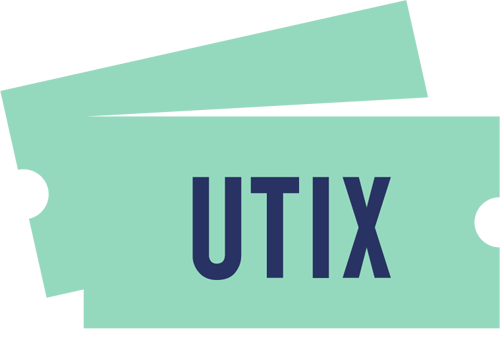
Utix
UTIX is a decentralized, event hosting and e-ticketing platform that utilizes blockchain based smart contracts to bring control to the community.
The main purpose of this bug bounty program is to help identify a way to unlock funds that are stuck in our smart contract.
PoC Required
Rewards
Rewards by Threat Level
Mainnet assets:
Reward amount is 25% of the funds directly affected up to a maximum of:
$500,000Rewards are distributed according to the impact the vulnerability could otherwise cause based on the Impacts in Scope table further below.
Reward Calculation for Critical Level Reports
For critical Smart Contract bugs, the reward amount is 25% of the funds directly affected up to a maximum of USD 500 000. The calculation of the amount of funds at risk is based on the time and date the bug report is submitted. However, a minimum reward of USD 25 000 is to be rewarded in order to incentivize security researchers against withholding a bug report.
There are currently 800 000 USD locked in the smart contract and a minimum payout of 25,000 USD will be provided if 25% of the funds can be successfully recovered. The payout amount will be scaled up proportionally to 500,000 USD for 100% recovery of the funds.
Repeatable Attack Limitations
In cases of repeatable attacks for smart contract bugs, only the first attack will be counted, regardless of whether the smart contract is upgradable, pausable, or killable.
Proof of Concept (PoC) Requirements
A PoC is required for the following severity levels:
- Smart Contract - Critical - PoC Required
All PoCs submitted must comply with the Immunefi-wide PoC Guidelines and Rules. Bug report submissions without a PoC when a PoC is required will not be provided with a reward.
Reward Payment Terms
Payouts are handled by the Utix team directly and are denominated in USD. However, payments are done in ETH.
The calculation of the net amount rewarded is based on the average price between CoinMarketCap.com and CoinGecko.com at the time the bug report was submitted. No adjustments are made based on liquidity availability. For avoidance of doubt, if the reward amount is USD 5 000 and the average price is USD 1.75 per token, then the reward will be 2857.142857 units of that token.
Program Overview
UTIX is a decentralized, event hosting and e-ticketing platform that utilizes blockchain based smart contracts to bring control to the community.
The main purpose of this bug bounty program is to help identify a way to unlock funds that are stuck in our smart contract.
For more information about Utix, please visit https://utix.io/
Utix provides rewards in ETH. For more details about the payment process, please view the Rewards by Threat Level section further below.
Primacy of Impact vs Primacy of Rules
Utix adheres to the Primacy of Rules, which means that the whole bug bounty program is run strictly under the terms stated in this page.
Known Issue Assurance
Utix commits to providing Known Issue Assurance to bug submissions through their program. This means that Utix will either disclose known issues publicly or at the very least privately via a self-reported bug submission in order to allow for a more objective and streamlined mediation process to prove that an issue is known. Otherwise, assuming the bug report itself is valid, it would result in the bug report being considered in-scope and due 100% of the reward with respect to the bug bounty program terms.
Immunefi Standard Badge
Utix has satisfied the requirements for the Immunefi Standard Badge, which is given to projects that adhere to our best practices.
KYC not required
No KYC information is required for payout processing.
Proof of Concept
Proof of concept is always required for all severities.
Responsible Publication
Category 3: Approval Required
Prohibited Activities
- Any testing on mainnet or public testnet deployed code; all testing should be done on local-forks of either public testnet or mainnet
- Any testing with pricing oracles or third-party smart contracts
- Attempting phishing or other social engineering attacks against our employees and/or customers
- Any testing with third-party systems and applications (e.g. browser extensions) as well as websites (e.g. SSO providers, advertising networks)
- Any denial of service attacks that are executed against project assets
- Automated testing of services that generates significant amounts of traffic
- Public disclosure of an unpatched vulnerability in an embargoed bounty
- Any other actions prohibited by the Immunefi Rules
Feasibility Limitations
The project may be receiving reports that are valid (the bug and attack vector are real) and cite assets and impacts that are in scope, but there may be obstacles or barriers to executing the attack in the real world. In other words, there is a question about how feasible the attack really is. Conversely, there may also be mitigation measures that projects can take to prevent the impact of the bug, which are not feasible or would require unconventional action and hence, should not be used as reasons for downgrading a bug's severity.
Therefore, Immunefi has developed a set of feasibility limitation standards which by default states what security researchers, as well as projects, can or cannot cite when reviewing a bug report.

